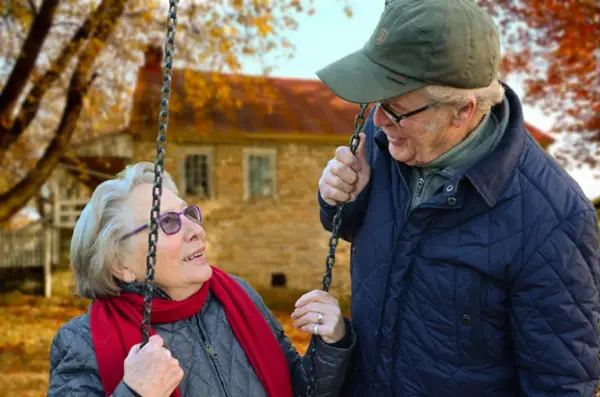
How to Effectively Meet the Medical Needs of Your Senior Clients
Whether you offer assisted living, in-home, or other senior care services, properly meeting your clients’ medical needs is a top priority. This age group has unique healthcare requirements which must be addressed with sensitivity and expertise. Additionally, you need to offer accurate, quick, and reliable services on request. Below, we explain a few ways you can accomplish this:
Keep Enhancing Your Teams Skills
Learning and adopting the latest medical protocols lets you offer quality services to senior clients. Check if your caregivers, nurses, and other professionals are current with the most recent industry developments. Conduct regular training sessions and provide access to online resources.
Additionally, invest in emergency training courses, whether onsite or online. For instance, emergency medical courses at Newcastle Training are an excellent choice for improving your team’s preparedness. The facility has you covered with CPR, first aid, AED training, and more. You can extend the courses to your nonmedical staff, such as receptionists and housekeepers. Doing this keeps everyone up to speed with the medical protocols in your organization.
Leverage Technology
It’s a challenge meeting seniors’ medical needs without leveraging modern technology. Invest in the latest software solutions, such as a patient management system that tracks vital records, medical history, and other important information. Advanced solutions include video conferencing for remote patient monitoring and telemedicine.
Technology also boosts the accuracy, efficiency, and speed of services. Automated prescriptions and appointment reminders ensure clients don’t forget their medical needs. On the other hand, a smart monitoring system checks on the patients even when they’re at home. You're assured of their safety, comfort, and well-being.
Establish Good Communication With Healthcare Providers
Maintaining good communication with the senior clients’ healthcare providers is essential. Schedule regular visits and contact medical practitioners whenever there is an emergency or a change in a patient’s health. Document all conversations, advice, and medications. You can also collaborate with doctors to develop specialized care plans tailored to the needs of individual clients.
Offer Additional Services
Sometimes seniors may need additional medical services such as transportation to medical appointments. It may involve sending a caregiver or arranging for transport services. If you have the resources, establish an on-site medical center offering primary care, including diagnostic services. Recreational activities and psychological support are also important.
Have a Nutrition Plan
Good nutrition is essential for seniors, especially those with chronic illnesses or special dietary requirements. Work closely with dieticians and nutritionists to create a balanced meal plan. Consider their medical needs, food allergies, preferences, and conditions. Have an in-house chef or incorporate meal delivery services. This way, clients always receive healthy meals on time.
Implement Safety Protocols
Seniors may become vulnerable to accidents, especially when left unsupervised. Maintain safety at all times by implementing the necessary protocols. Install guard rails, ramps, and non-slip surfaces to reduce the risk of falls. Have an emergency response plan and conduct regular drills with your staff.
Since seniors tend to be fussy, be patient when offering medical services. Listen carefully to their needs and always strive to provide the best care possible. Remember they're looking for compassionate and understanding service providers. You’ll have a successful senior medical care facility if you can make their everyday life easier.